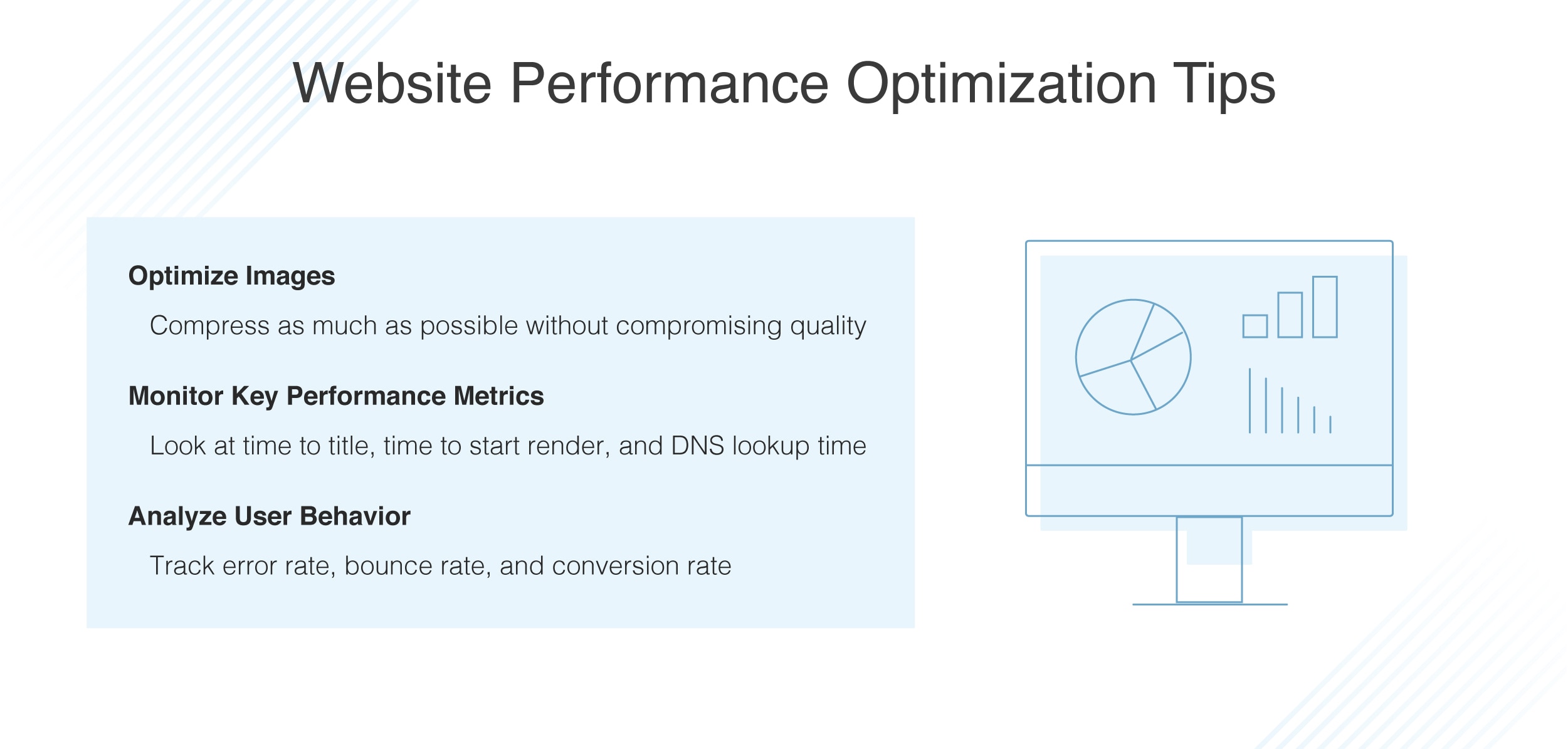Tube Rank: Your Guide to Video Success
Discover tips and insights for optimizing your video presence.
Speed Demons: How Fast is Your Website Really Running?
Uncover the true speed of your website! Discover tips to boost performance and keep your users engaged. Is your site a speed demon?
Top 5 Tools to Measure Your Website's Speed
Website speed is crucial for providing an optimal user experience and improving SEO rankings. To effectively measure your website's speed, here are the top 5 tools you should consider:
- Google PageSpeed Insights: This tool provides detailed insights into your website's performance on both mobile and desktop devices, offering suggestions to improve load times.
- GTmetrix: Known for its comprehensive analysis, GTmetrix combines data from Google PageSpeed and YSlow, giving you a well-rounded view of your site's speed and performance.
- Pingdom: With its user-friendly interface, Pingdom allows you to monitor the load time of your website from different locations around the world, highlighting areas for enhancements.
- WebPageTest: This tool enables you to run tests under various conditions, helping you to pinpoint issues affecting your website's speed.
- Dotcom-Tools: It offers a suite of testing tools, allowing you to measure and optimize your website's performance across multiple browsers and devices.
Using these top 5 tools to measure your website's speed can help you identify bottlenecks and optimize your site for better performance. Remember, a faster website not only improves user satisfaction but also positively impacts your SEO strategy. Regularly monitoring your site's speed will keep it performing at its best, ultimately leading to increased traffic and higher conversion rates. Make it a habit to assess your site with these tools periodically and implement the recommendations provided to stay ahead of the competition.

Common Factors That Slow Down Your Website and How to Fix Them
Many website owners encounter performance issues that can significantly affect user experience and SEO rankings. Some common factors that slow down your website include large image files, excessive HTTP requests, and poorly optimized code. To identify these issues, you can utilize tools like Google's PageSpeed Insights or GTmetrix, which provide detailed reports on your site's performance. Once you've pinpointed the problems, consider implementing solutions such as compressing images, minifying CSS and JavaScript files, and reducing the number of plugins you use.
Another critical aspect to consider is your web hosting service. Shared hosting can often lead to slower load times due to resource limitations. If your website experiences high traffic, upgrading to a dedicated server or using a content delivery network (CDN) can significantly enhance speed. Additionally, enabling browser caching can improve load times for repeat visitors by storing frequently accessed files. By addressing these factors, you can create a faster, more efficient website that provides a better experience for your users, ultimately leading to improved SEO results.
Is Your Website Fast Enough? Understanding the Impact of Load Time on User Experience
In the digital age, website speed is a critical factor that can significantly influence user experience. Research indicates that users expect a webpage to load in under three seconds, and if it takes longer, they are likely to abandon it. A slow-loading site not only frustrates visitors but also negatively impacts your search engine rankings, as major search engines prioritize fast-loading websites. To evaluate your website's performance, consider using tools like Google PageSpeed Insights or GTmetrix, which can provide insights on your load times and suggest areas for improvement.
Furthermore, a swift website enhances overall user satisfaction, leading to lower bounce rates and increased engagement. When users have a positive experience browsing your site, they are more inclined to explore your content, products, or services. To improve your website's load time, you might consider implementing techniques such as image optimization, leveraging browser caching, and minimizing HTTP requests. By prioritizing page speed, you'll not only cater to your audience's expectations but also drive higher conversion rates and customer loyalty over time.